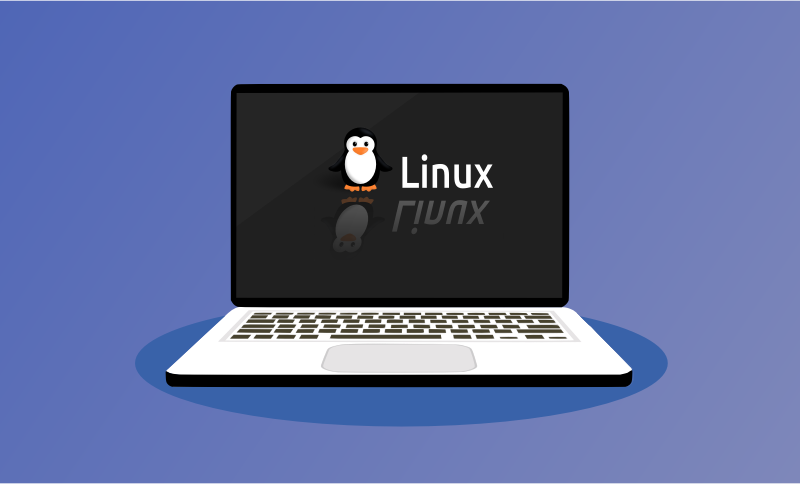When you think about operating systems, names like Windows and macOS likely come to mind. However, lurking in the background is Linux—a powerful, flexible, and free operating system that powers much of the technology you use daily. From smartphones to supercomputers, Linux quietly drives innovation and reliability. So, what makes Linux so strong and versatile? Let’s explore.
1. Open Source: Freedom at Its Core
One of Linux’s greatest strengths lies in its open-source nature. Unlike proprietary operating systems, Linux’s source code is available for anyone to view, modify, and distribute. This transparency ensures:
- Customization: Users can tailor Linux to meet their specific needs, from personal desktops to enterprise servers.
- Security: A global community constantly reviews and improves the code, quickly identifying and fixing vulnerabilities.
- Cost-effectiveness: Since Linux is free to use, it’s an excellent choice for individuals, startups, and large organizations alike.
2. Stability and Reliability
Linux is renowned for its stability. Servers running Linux can often operate for years without needing a reboot, making it the backbone of web hosting and critical infrastructure worldwide. This reliability comes from:
- Efficient resource management: Linux can run smoothly on both modern hardware and older machines.
- Minimal crashes: Its modular design isolates system components, reducing the risk of total system failure.
3. Security: A Fortress for Your Data
Cybersecurity is a top priority for any operating system, and Linux excels in this area. Its robust security features include:
- User permissions: Linux enforces strict user roles, limiting access to critical system files.
- Active community: Security patches are released quickly, thanks to its active developer base.
- Low malware risk: Its architecture and lower user base make Linux a less attractive target for hackers.

4. Versatility Across Platforms
From tiny Raspberry Pi devices to massive supercomputers, Linux adapts to a wide range of platforms. It powers:
- Servers: Over 90% of the world’s supercomputers and the majority of web servers use Linux.
- Smartphones: Android, the world’s most popular mobile operating system, is built on a Linux kernel.
- IoT devices: Linux is at the heart of many smart devices, enabling innovation in home automation, healthcare, and more.
5. Community-Driven Innovation
Linux thrives on its global community of developers and enthusiasts. This collaborative spirit has led to:
- Continuous improvement: Thousands of contributors work tirelessly to enhance the OS.
- Diverse distributions: With flavours like Ubuntu, Fedora, and Arch Linux, there’s a version of Linux for everyone—from beginners to experts.
- Extensive support: Forums, documentation, and tutorials abound, making it easy to learn and troubleshoot.
6. The Choice of Developers and Tech Enthusiasts
Linux offers tools and features that developers love, such as:
- Command-line power: The Linux terminal is a treasure trove for programmers and system administrators.
- Development tools: It supports a vast array of programming languages, libraries, and frameworks.
- Open-source ethos: Developers can directly contribute to projects and shape the future of the OS.
7. Environmental Friendliness
Linux’s ability to run efficiently on older hardware extends the life of devices, reducing electronic waste. By choosing Linux, you’re not just optimizing your technology—you’re also making an eco-conscious decision.
Final Thoughts
Linux might not dominate headlines, but its impact is undeniable. It’s the unsung hero that powers much of the digital world while offering users unparalleled freedom, security, and versatility. Whether you’re a tech enthusiast, a developer, or someone looking for a reliable operating system, Linux has something to offer.
